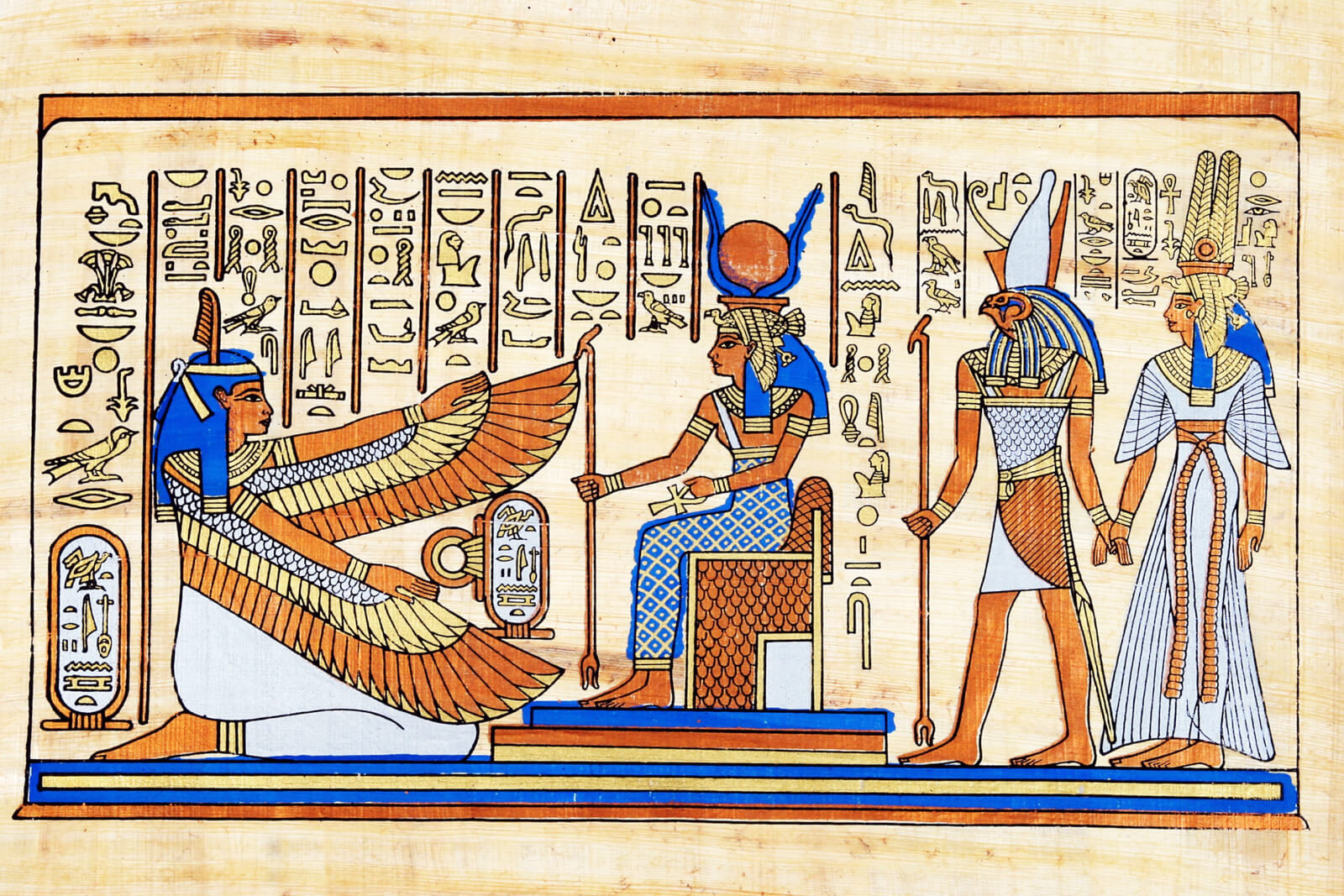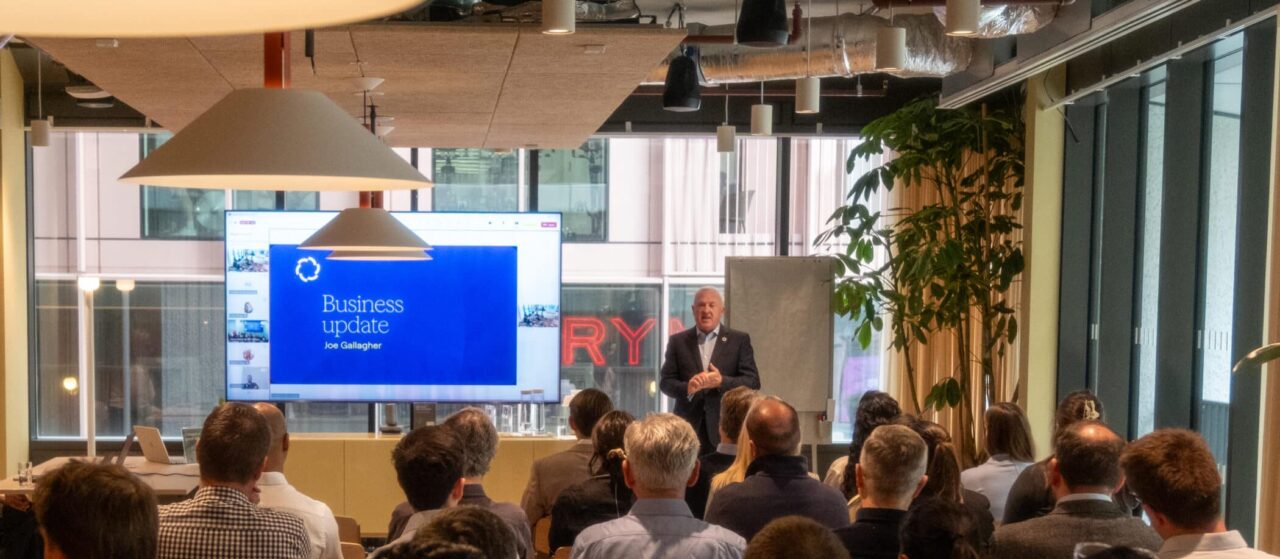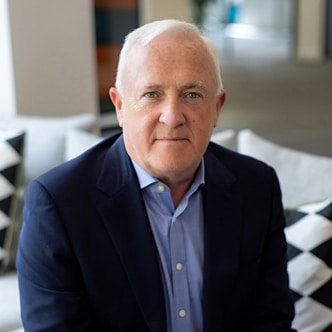As MEPs return to Brussels after their summer breaks, Manuel Kohnstamm urges them to reflect on an ancient Egyptian goddess – Ma’at – and ensure they use wisdom and restraint when changing the EU’s rule of law.
Many moons have passed since Ma’at was a household name. In fact it’s nearly four millennia. And ancient Thebes was a different world to modern Luxor, not to mention today’s Brussels.
But we have much to learn from this goddess of truth and justice typically depicted with an ostrich feather on her head if not a full set of wings on her arms. I resurrect her because she embodied rule-based stability for a sophisticated society that built some of the most spectacular infrastructure of all time.
The concept of Ma’at went beyond feathers and supernatural beings. In a way, it was an early ‘rule of law’. But its focus was more on the spirit of justice than the detailed exposition of rules. And there lies the lesson for modern life.
Politicians return to Brussels this week pondering a range of options to change the rules of the game for some of the biggest investors in the European economy. The Electronic Communications Code, introduced by the Commission this year to set the course of Europe’s digital future, strikes a sensible balance worthy of Ma’at. But the draft Code still has hurdles to jump as it now makes its way through Parliament and Council.
For more than 25 years, EU communications regulation has created a stable and fertile climate for investment and innovation on a massive scale. Our continent combined the most competitive and vibrant electronic communications market in the world, and the Commission is rightly keen to take it to a higher level still.
Liberty Global would like to play a part in that. Our company has spent billions on Gigaworld networks, and we have allocated more. We see ourselves as partners as well as protagonists of the EU’s big ambitions.
But investors need the right conditions to commit the vast capital required. Regulatory uncertainty deters the bold investment decisions this continent needs. The prospect of new regulatory intervention changing the well-recognized significant market power test could be very harmful. So there is a real danger of undermining the core objective, jeopardising the very things the EU wants to promote whilst masquerading as a solution to a problem that doesn’t really exist.
Ma’at would also be struck by the injustice. The investors in core communications infrastructure are the true global giants of our age. They do not deserve a changing of the rules halfway through the game.
Companies like ours are committed, but there is no risk-taking without reward and no investment without return. So take a feather from an ancient headdress, and facilitate not frustrate – for your sake, for our customers and the EU economy at large.










